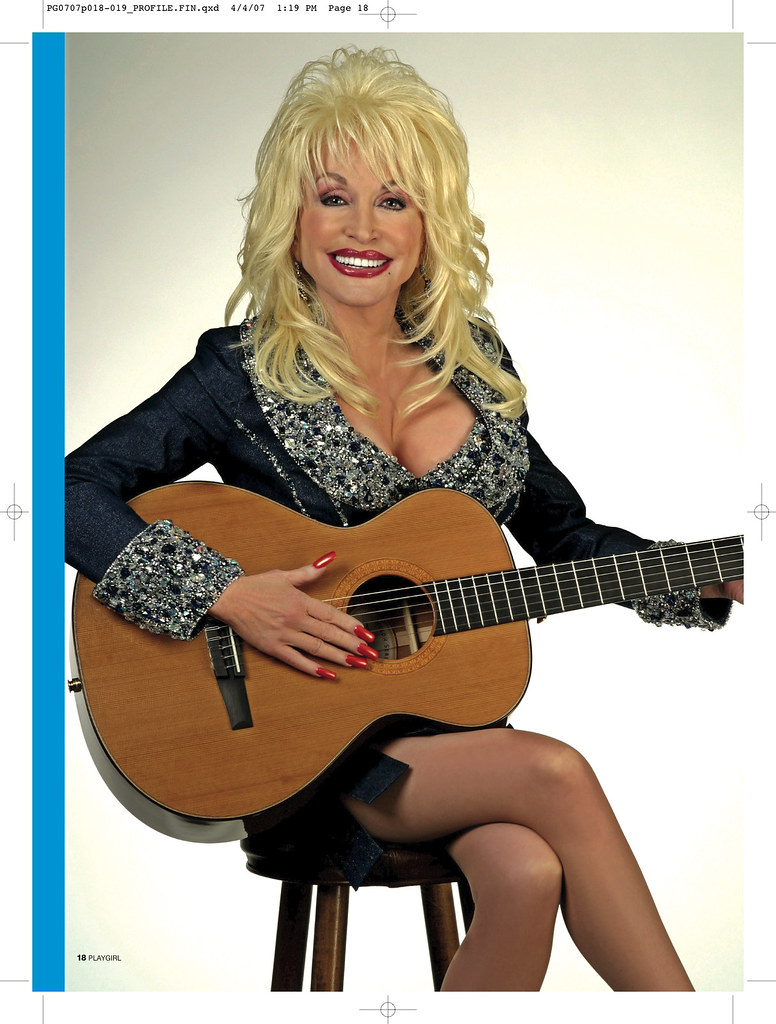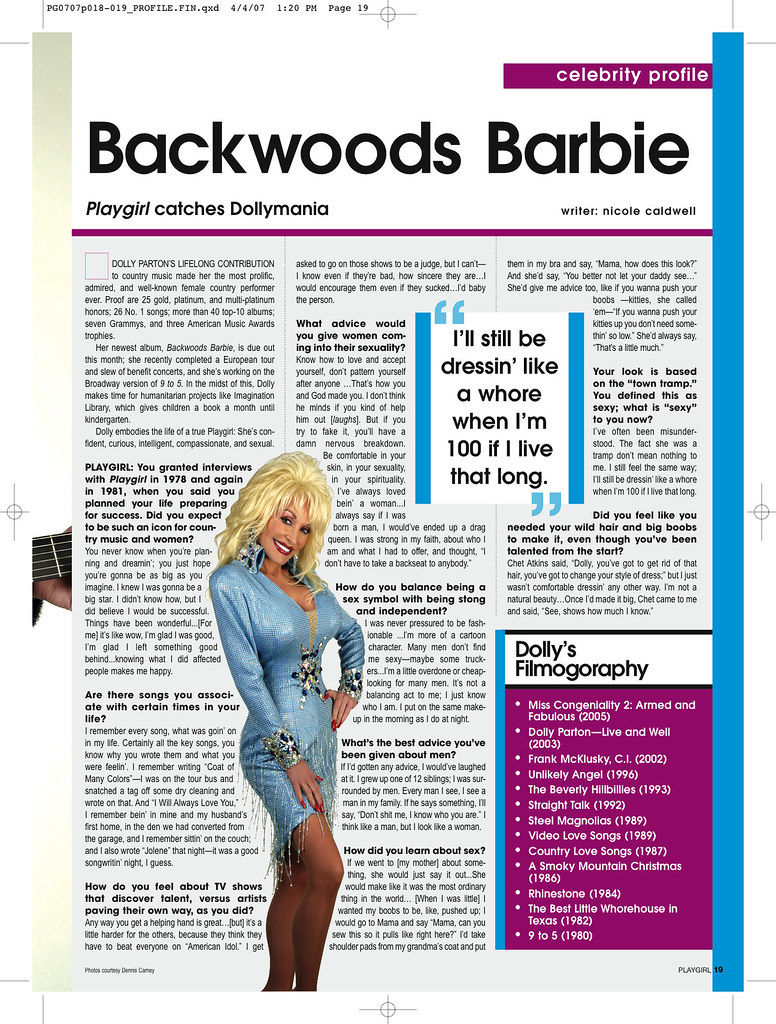 We help you decide whether it's time to leave your current job or angle for a promotion
We help you decide whether it's time to leave your current job or angle for a promotionBy Maya Avrasin –
[Originally posted at MediaBistro.com]
With so many people hopscotching among magazines, there are days when the Revolving Door Newsletter looks more like musical chairs than an industry roundup. People tend to advance every time they jump, and some even stay at a magazine to get promoted within. But how exactly did they do it?
"I started looking for advancement after I had been an editorial assistant for almost two years at Us Weekly," says Kirsten Sardis, who is now entertainment editor for Clear Channel Online Music and Radio. "I felt I was already doing the work of an assistant editor and I wanted to be compensated with both a salary and title change -- and of course, I wanted more writing assignments. Luckily, they agreed."
Sardis' case is common enough for entry-level advancement, and in most situations, employers usually reward employees who exceed expectation and work diligently toward company goals -- regardless of their job description.
Use new responsibilities to propel promotion
Christine Ford, director of local content and special projects at Kaboose.com, says she's always looked for opportunities throughout her career, but cautions against seeming unhappy in one's current job. "Do it well and be positive and [management will] think of you when the time is right," she says. "I always [tried] to look for new, better ways of doing things and whenever I found free time from my regular duties, I would offer to take on other projects."
Chipping in also helps bulk up your portfolio and experience level, which will enable you to showcase your skills when job openings become available. Thea Palad, who is now fashion credits editor at Marie Claire, was promoted twice in three years when she started her career at More. "I'm always looking for advancement -- it's my primary motivator," she says. "If I'm working on a project, I give 110 percent. It's like, if you're going to half-ass it, why bother? [At
More], I worked my butt off and learned so much (with a small beauty and fashion department, I had a hand in everything)."
"I was quite happy at More and would not have left so soon, had I not been poached by
Life & Style."
If your current work environment continues to offer room for advancement, then according to many media pros, you are lucky. For everyone else, the time to move on in order to move up usually comes mid-level in your career path. "You know the signs when there is no advancement," says Kaboose.com's Ford. "They are always talking about not having a budget for anything, people leave and they don't replace them, other people don't move up either. You can usually see the writing on the wall. It can happen for several reasons. But when you are in that type of environment it's better to move on. You'll get jaded, stale and soft. You'll lose your edge and start saying, 'why bother.' When you feel yourself getting like that, move on before you become a self-fulfilling prophecy."
Hitting a current job's ceiling
Realizing that you have hit the ceiling in your current job is a scary revelation, and one filled with uncertainty. But everyone interviewed for this story took risks -- some that garnered big payoffs and some that led to unemployment. "It's difficult to map out a strategy in magazines," says Marie Claire's Palad. "Publications fold, editors play musical chairs, there's always office politics at play, and luck is such an important element to consider. Many times it's being at the right place at the right time, getting an inside tip or simply knowing the right people."
Comparatively, Palad's career path was pretty steady. After her four-year stint at More, she became associate beauty editor at Twist, which gave her more control over her duties, she says. After six months, she took over fashion. "I was quite happy there and would not have left so soon, had I not been poached by Life & Style," she says. After less than a year at Life & Style
as fashion market editor, Palad moved to Marie Claire.
In contrast, Kaboose.com's Ford found success after being laid off during the Internet bubble burst in 2000 -- shortly after launching ModernBride.com. Ford returned to print as managing editor of Working Mother and then started her own consulting business when she became a mother. It wasn't until she took a part-time job as a public relations director at a library that she realized she missed the dot-com work. "I had thought for awhile that I didn't want to go back into publishing, or dot-coms, but then I started applying all that I had learned in the big leagues to this little local library job," she says. "I realized how much I loved doing what I do, and that I was ready to go back to dot-coms."
When a change is required, work your connections
The more skills you acquire in your career, the easier it may be to advance. Plus, the more relationships you build from your various positions will help you along your journey. "You can definitely get a job if you send a resume, but I have always had better results when working through connections," says Kaboose.com's Ford. "The key is not to stay in contact just because you want to 'use' people later. Make friends with people that you like at the office and then stay in touch because you like them. And when you see an opportunity for someone else, let them know."
There seems to be a formula for getting promoted and advancing, but personality needs to be taken into account when identifying what position is right for you. "Your personality has an effect on advancement to an extent," says Clear Channel's Sardis . "If the job demands constant schmoozing and networking with people and you're not exactly a 'people person,' then it's understandable why you wouldn't be hired."
Nicole Caldwell, who recently was promoted to editor-in-chief at Playgirl, says identifying opportunities for advancement shouldn't just be about getting the top job. "It's a lot of options to weigh out; but more important than 'getting ahead,' I think, is being somewhere you can be happy and exhibit your creativity and skill," she says. Getting to the top of the masthead at Playgirl was never Caldwell 's ultimate goal, she says. "I didn't set out to do that; I just set out to outdo myself and this is where I've landed. It's no good being in a high-up position if you're forced to sacrifice the fun of your trade and be miserable. Better to shine and do your thing."












